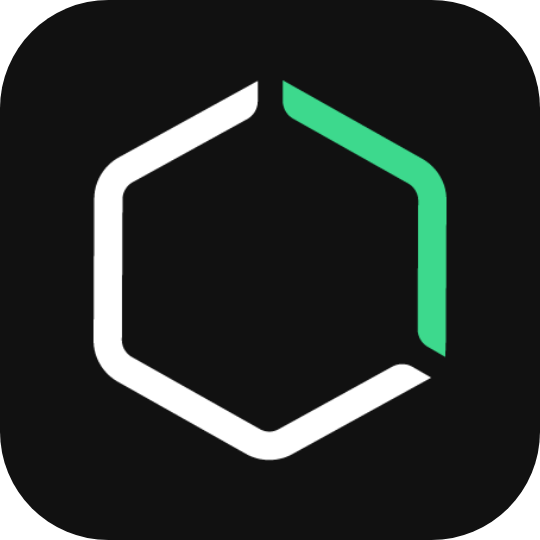
Andi Summers
Being a leader isn’t about technical skills. It means being a truth-teller, making tough decisions, leading through challenges, and inspiring others.
In this edition of our new Leadership Development Interview Series, we sat down with Andi Summers to hear her learnings on the meaning of leadership and how to develop programs that actually make a difference.
Andi, can you tell us a bit about yourself?
I spent the first 10 years of my career as an HR department of one. So I was sort of like a store manager, site director, the person who does everything all by themselves, even though they have oversight of a bigger organization above them. I have a background in communication with a business nonprofit emphasis. I ventured into HR and pursued a master’s in human resources. I’ve worked in learning and development for a large global entertainment technology business and later moved into organization development in Pennsylvania. I also have experience in a small niche consulting firm, FMG Leading, primarily working in healthcare. Currently, I’m the VP of total rewards and talent management at Palmetto.
What does leadership mean to you, and which skills do people need to succeed as a leader?
A great leader is a definer of reality and a purveyor of hope. Leadership, to me, involves achieving results along with the steps before and after achieving those results. It’s not just about technical skills, but about being a truth-teller, making tough decisions, leading through challenges, and inspiring others. Essential skills include self-awareness, values alignment, stakeholder management, influence, being both big picture and detail-oriented, and effective communication.
What does leadership development look like at your company? Which tools and programs do you have in place, and how do you currently select new leadership talent to develop?
At Palmetto, formal leadership development is currently limited, but we are in the process of planning a roadmap focusing on frontline managers. We aim to engage supervisors and cascade development upwards. We’re planning incubator programs to train and develop newer talent, allowing those leading the programs to move into different roles organically.
What was your biggest success story with implementing or improving a leadership development initiative? We’re also interested in hearing stories about what didn’t work!
One success story was the “Velocity” program, a two-year initiative for high-potential leaders. It involved extensive coaching, shadowing, mentorship, and assessments. Three years in, several participants moved into senior roles, and engagement scores increased under leaders who went through the program. On the flip side, early in my career, a leadership program expanded to different schools without considering each unique ecosystem, resulting in failure until we customized programs for each setting.
What are some current challenges with leadership development overall in your company? What are hard parts about developing leaders?
One primary challenge is the scarcity of time and resources. Getting commitment for learning and development in a fast-paced environment is tough. Achieving buy-in for programs, especially when individuals are integral to business outcomes but resistant to development, poses dilemmas about alignment with organizational values and competency expectations.
Have you considered using AI tools in developing the future generation of leaders? Why/why not?
Yes, AI has been beneficial in generating communications and outlining typical competencies for roles, saving time and resources. However, it’s not a replacement but an aid in leader programs, fostering critical thinking about AI’s use and impacts.
What applications of AI seem most promising to you from a leadership development standpoint? Where does AI fall flat?
AI aids in generating communications and outlining role competencies efficiently. However, it falls short in replacing human connection, critical decision-making, and ethical considerations. Incorporating AI in leader programs to prompt discussions on its use and ethical implications is its most promising aspect.
To learn from more experts on how to grow leaders at your company, check out our full list of interviews here.
If you’re looking to grow future leaders at your own company, get in touch to see how Bunch can enable you to give every person in your company a personalized, continuous development program in just 2 minutes a day.





